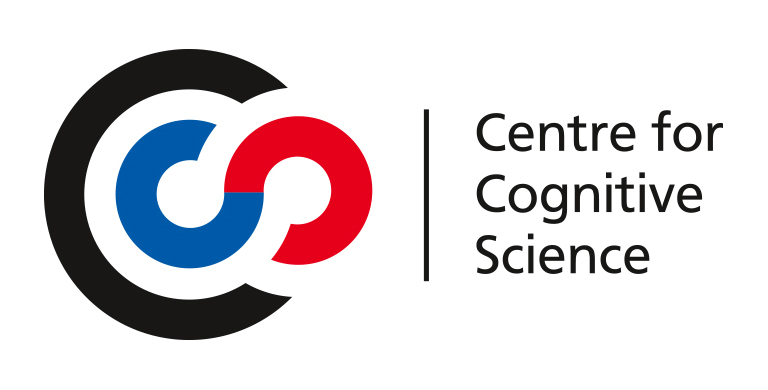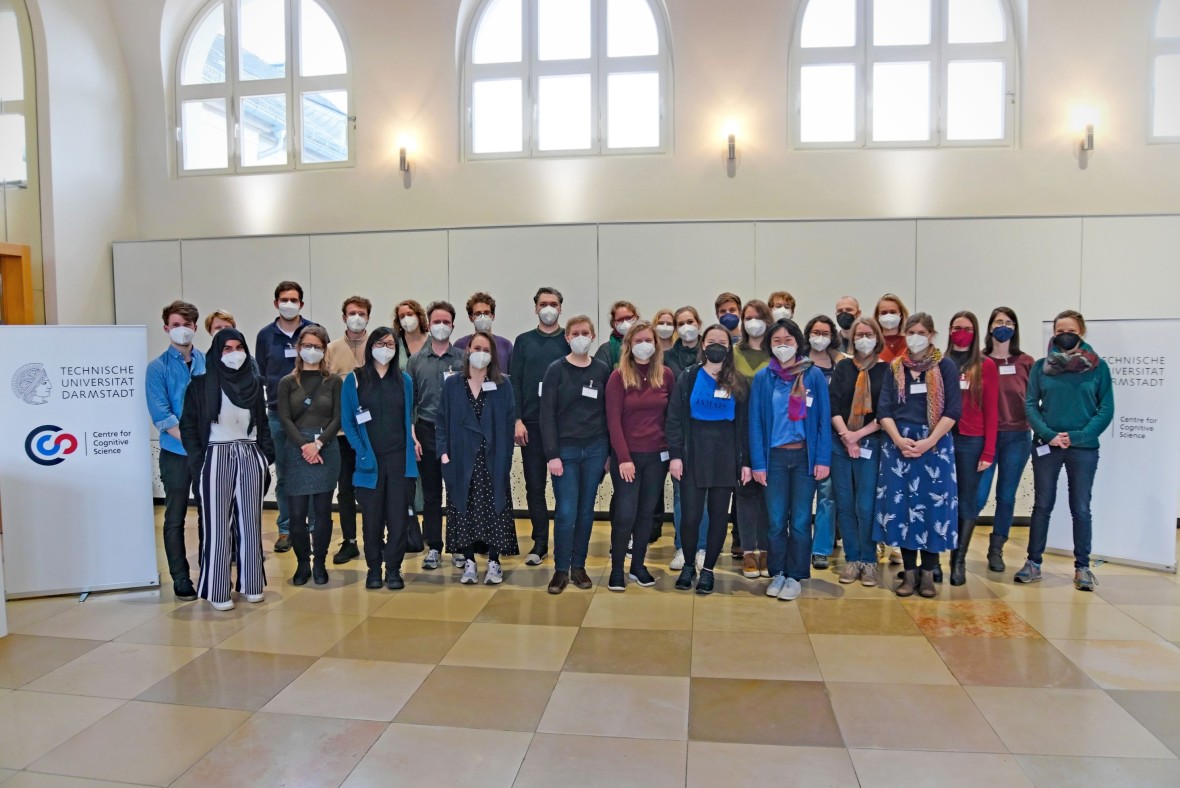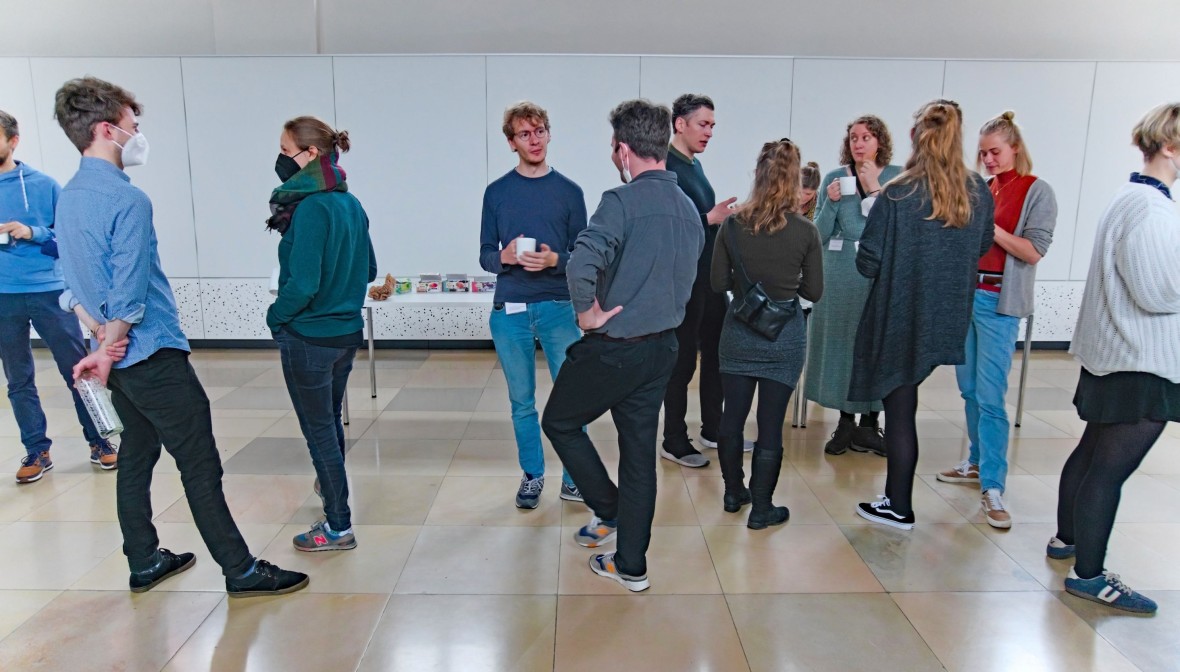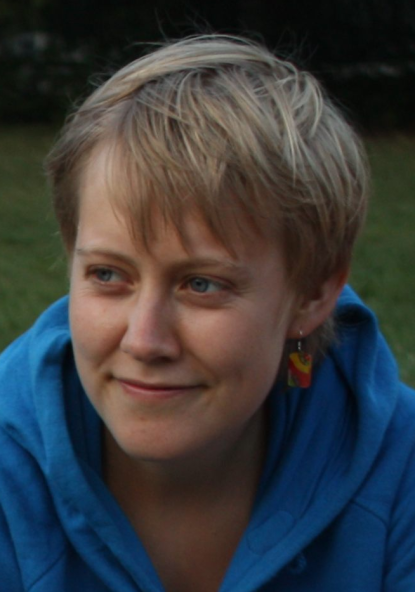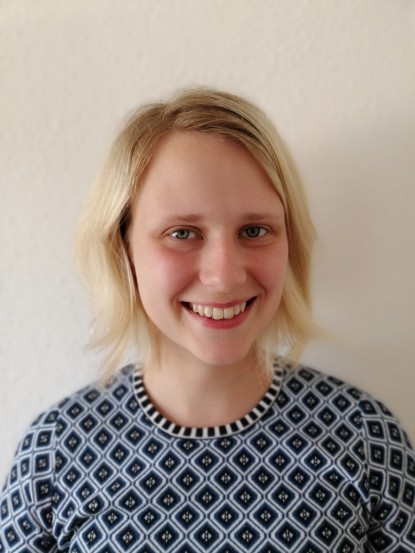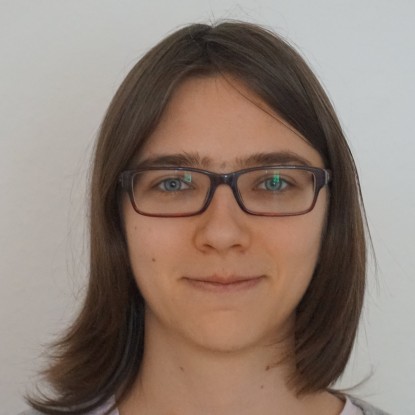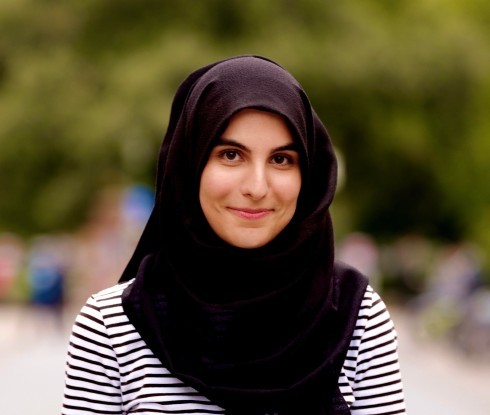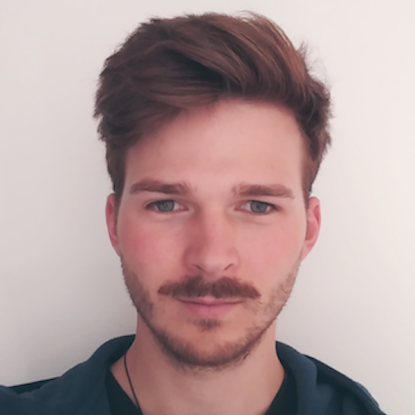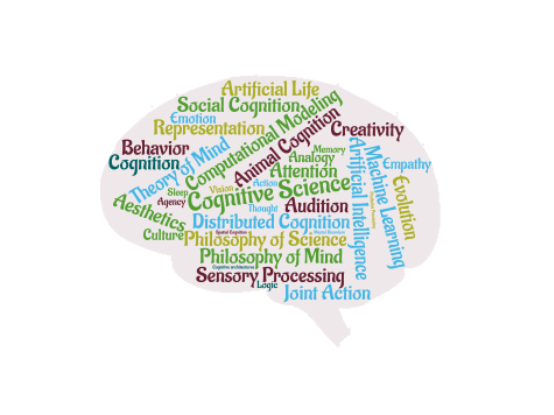July 2022. What is Cognitive Science about? To shed some light, participants of the GK Doctoral Symposium 2022 wrote blog posts about their research topics with the special focus on science communication with the general public.
End of April 2022. We all greatly enjoyed the presentations and lively conversations that came up during the symposium and wish to thank everyone for their participation! We particularly want to thank our keynote speakers on science communication again, Jens Foell (NaWik) and Iris Proff (Science Media Center). We all gained a lot of insights on this important topic and hope to incorporate some of their ideas in our own careers.
If you are interested in hosting the 3rd GK Doctoral Symposium, please contact Prof. Barbara Kaup.
Looking forward to the next Symposium!
The 2022 Organizers:
Thea Behrens, Inga Ibs, Christina Koß, Vildan Salıkutluk, Wolfgang Stammer

